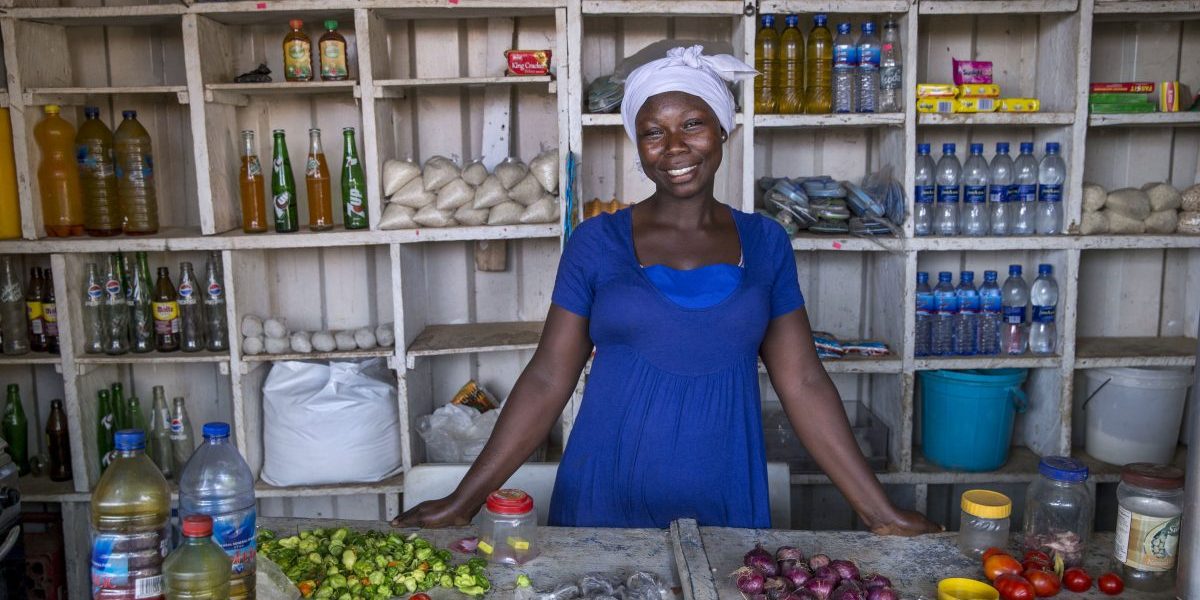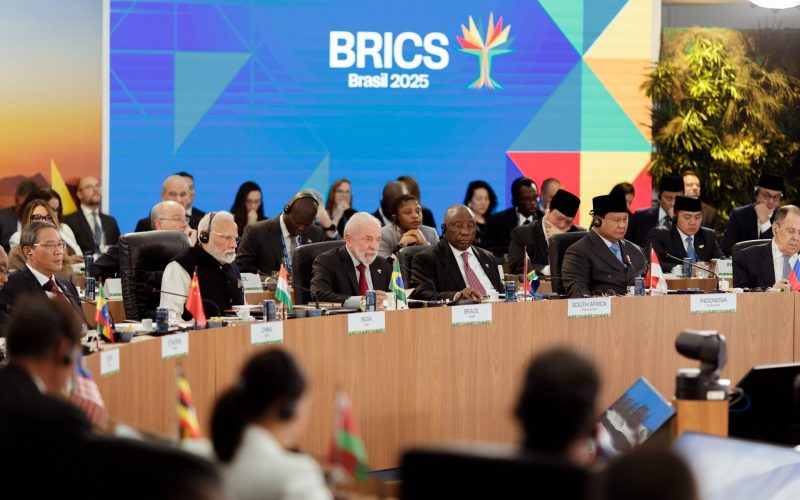Summary:
- The joint statement initiatives (JSIs) were launched as a negotiating tool at the 11th WTO Ministerial Conference (MC11) in Buenos Aires by a sub-group of WTO members. This group represents over 90% of global trade and all major geographical regions and levels of development. However, some regions continue to be significantly underrepresented, such as Africa, the Caribbean and Pacific Island (ACP) countries, with the latter two regions having no representation at all.
- Africa’s low participation rate has been attributed to a complex set of reasons, as noted by the African Group, the ACP group and other African WTO members, notably South Africa. Hence, the advent of JSIs has triggered a strong pushback from most African WTO members.
- The African Group believes that the plurilateral approach weakens multilateralism. For most African states, it is critical to mainstream e-commerce rules into the WTO multilateral process. Notably, the WTO Work Programme already accommodates discussions on development-related issues. For this reason, African countries are sceptical and concerned that the plurilateral approach may overshadow or ignore their developmental interests.
- While taking on e-commerce commitments may seem overwhelming for African countries, participating in the negotiations could enhance their efforts to develop their digital economy with a view to bridging the digital divide and defending their economic and developmental interests.
- There are potential synergies in scope and content between e-commerce discussions in the plurilateral context and e-commerce discussions at the AfCFTA level, which should not be overlooked.
- Regional and national policies will be critical for the AfCFTA. Combined with AU digital policies, JSIs can serve as a springboard to future plurilateral and multilateral discussions, which African countries can tailor to their specific interests.








